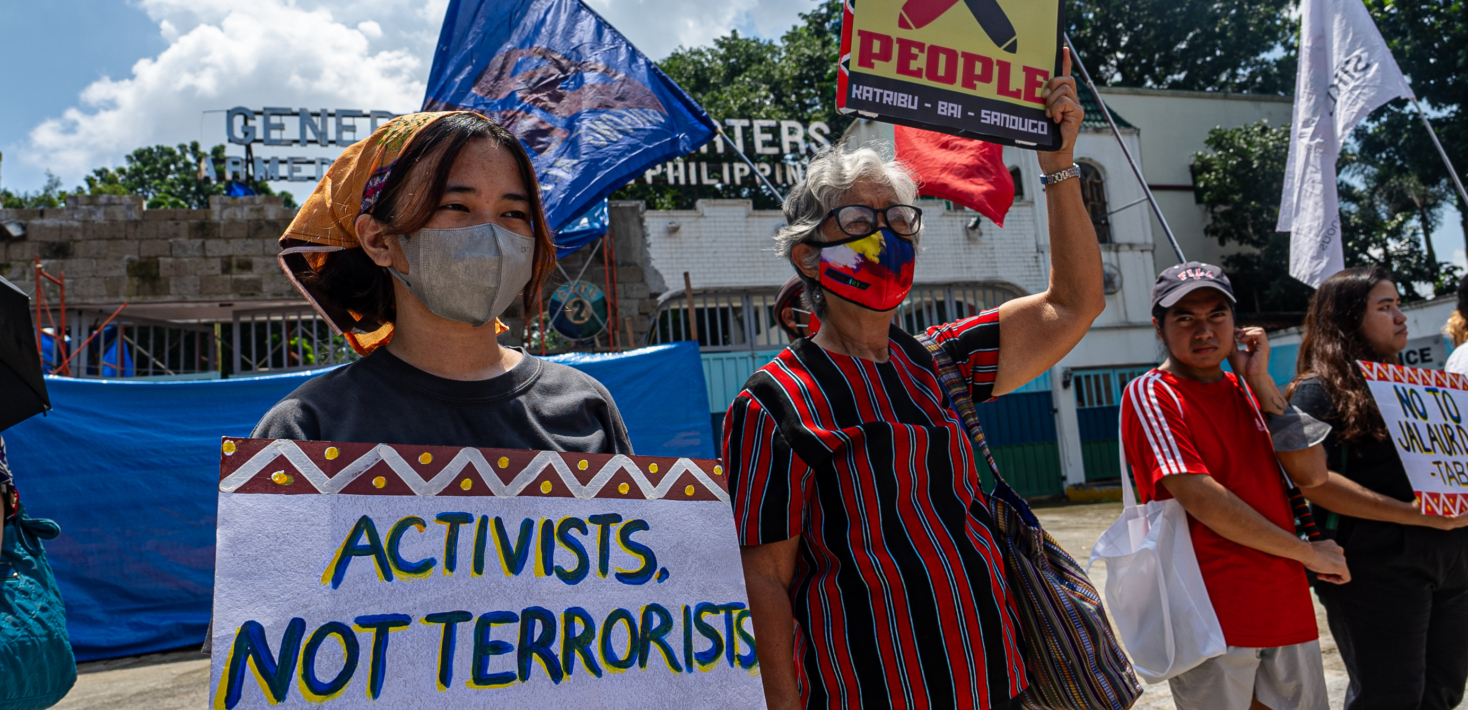Baguio City – Repression perpetrated by the state led to an escalation in human rights violations in Luzon, Amnesty International Philippines said during a press conference in Baguio City today for the first leg of its State of the World’s Human Rights 2023/24 Annual Report rolling launch.
The Philippine entry to Amnesty’s global report highlights the growing risks faced by human rights defenders in the country where most cases cited were reported to have taken place in Northern and Southern Luzon including Metro Manila.
“Attacks against human rights defenders and critics of the government have increased under a climate of impunity. A growing number of human rights defenders, including student activists, journalists, lawyers, and those belonging to Indigenous peoples’ groups have repeatedly been “red-tagged” in Luzon. They are accused of being “terrorists” because of their perceived links to communist groups resulting in killings, threats and harassment, and arbitrary arrests and detention,” said Amnesty Philippines Activism and Mobilization Manager, Wilnor Papa.
Simply believing in communism as an ideological stance is not a criminal act under Philippine laws and cannot be a used as a justification to target any individual or group according to the organization. But the lack of legislation recognizing the legitimacy of the identity and work of human rights defenders belonging to “red-tagged” groups leaves them highly at risk and vulnerable to threats and attacks perpetrated both by state and non-state actors. Only a few legal remedies are accorded to human right defenders when their rights are violated. The absence of a law protecting them exposes them to more harm.
Motives behind the attacks against human rights defenders are the same everywhere, the desire is to stop them from exercising their right to protest and silence them from speaking out against injustice or challenging those in power. The ripple effect of “red-tagging” in the wider community creates a cycle of fear, undermining everyone’s right to freedom of expression and opinion
Wilnor Papa, Activism and Mobilization Manager
“Motives behind the attacks against human rights defenders are the same everywhere, the desire is to stop them from exercising their right to protest and silence them from speaking out against injustice or challenging those in power. The ripple effect of “red-tagging” in the wider community creates a cycle of fear, undermining everyone’s right to freedom of expression and opinion,” added Papa.
Amnesty International Philippines reiterates its call for the government to end the practice of red-tagging immediately and cease any form of intimidation, harassment, threats, or attacks against activists. To reverse this dangerous narrative, Amnesty called on the Marcos government to publicly recognize the key role that human rights defenders play in uplifting the situation in the country.
“Instead of sowing fear by saying that all “activists are terrorists”, the government should work toward creating an environment that supports and enables Filipinos to carry out their advocacy, whether socio-political, economic, or environmental in nature, without the threat of reprisals. The issues that human rights defenders are concerned about are gut issues, all of which, when addressed properly benefits all Filipinos.” Added Papa.
The report also emphasizes the continuation of unlawful killings under the “war on drugs” and the impunity for thousands of past killings, highlighting the failure of President Ferdinand Marcos Jr. to make change despite his public pronouncements that the campaign against illicit drugs would focus on treatment, rehabilitation, and reintegration.
“No progress in sight for this administration on key human rights issues, whether on civil and political or economic, social, and cultural rights. Marcos’ weak approach to ensuring human rights violations are addressed shows that his priorities are elsewhere, or non-existent at all.” Concluded Papa.


